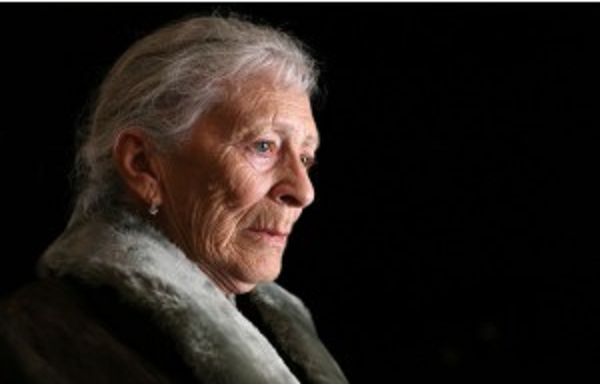According to the College of Physicians and Surgeons of Saskatchewan, doctors in a Canadian province who refuse to cooperate with physician-assisted suicide could face disciplinary action. Bryan Salte, an associate registrar of the college said, “If a physician feels the directives are wrong, they will still, we would expect, they will still follow those directives, in spite of the fact they may not agree with them.”
He added, “Certainly with any physician we try to work with them to see if there is any mutually acceptable solution. But if there are physicians who engage in behavior which is regarded as unacceptable or unprofessional then that is a possible outcome.”
Currently, the college doesn’t have a policy concerning assisted suicide but are circulating a draft policy on conscientious refusal. The draft says doctors can refuse to administer assisted suicide drugs if it violates their freedom of conscience; however, if they refuse, they must make a referral to another health care provider who will provide it. Some Canadian doctors find this problematic because it would mean they would still have to refer a patient to a doctor who would help them kill themselves.
Global News reports that Dr. Philip Fitzpatrick, a Saskatoon family doctor and ER physician, says assisted suicide flies in the face of a doctors’ commitment not to cause harm to patients. He said, “This is a bit of a red line because as physicians we’re not supposed to be partaking in anything that might harm our patients. Definitely for me participating in an assisted suicide would be harming my patient – even a referral for that would make me culpable for that.” He also said that he’s talked to a number of doctors who agree that the college’s draft policy is very troubling and a bad idea for physicians.
As LifeNews previously reported, on February 6th the Canadian Supreme Court struck down Canada’s ban on assisted suicide, saying it violates the right to life of terminally ill people. The ruling said, “Insofar as they prohibit physician‑assisted dying for competent adults who seek such assistance as a result of a grievous and irremediable medical condition that causes enduring and intolerable suffering, ss. 241 (b) and 14 of the Criminal Code deprive these adults of their right to life, liberty and security of the person under s.7 of the Charter.”
“The right to life is engaged where the law or state action imposes death or an increased risk of death on a person, either directly or indirectly. Here, the prohibition deprives some individuals of life, as it has the effect of forcing some individuals to take their own lives prematurely, for fear that they would be incapable of doing so when they reached the point where suffering was intolerable,” it said.
Click here to sign up for daily pro-life news alerts from LifeNews.com
Salte said that is may be awhile before a compromise is reached between doctors who don’t want to participate in assisted suicide and the college. He said: “There’s a broad range of beliefs out there, there’s a broad range of perspectives out there. What the draft policy talks about is a compromise between the extreme position.”
He concluded, “Anytime you have people who believe very strongly ethically about certain issues and certainly we’ve dealt with that with birth control, we’ve dealt with that with abortion, we’ve dealt with that, with the morning after pill … very gray areas, and people feel very strongly about them and feel ethically the other side is just completely wrong. So trying to reconcile some of those, and trying to find ways you can impose as little as possible on the rights and obligations of some part of civilization while at the same time imposing as little as possible on the other side is a difficult compromise.”








